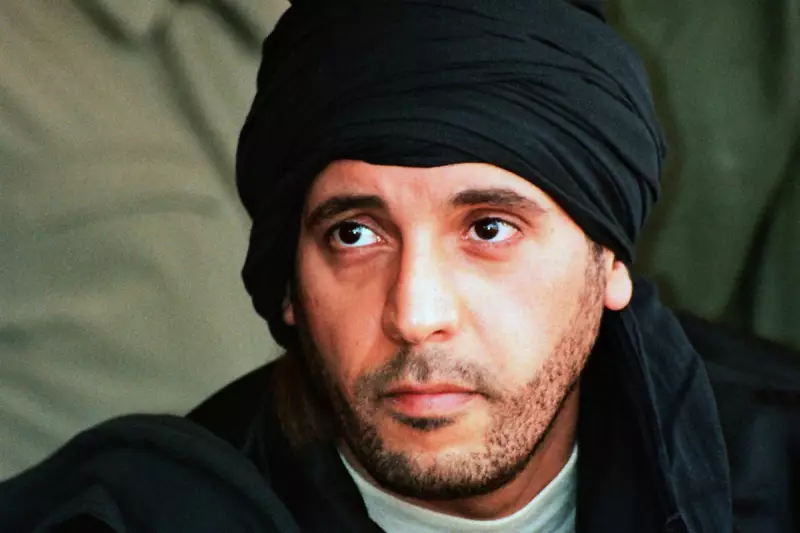
In a significant diplomatic move that has captured regional attention, Qatar's Emir Sheikh Tamim bin Hamad Al Thani arrived in Beirut on Monday for his first official visit since assuming power. The landmark trip marks a potential thaw in relations between the Gulf state and Lebanon during a period of profound economic and political challenges for the Mediterranean nation.
A Royal Welcome in Beirut
Lebanese Prime Minister Najib Mikati personally welcomed the Qatari leader at Beirut's Rafic Hariri International Airport, where an elaborate red carpet reception underscored the importance both nations are placing on this diplomatic engagement. The Emir's delegation includes senior Qatari officials, indicating the comprehensive nature of the discussions planned.
Strengthening Military Cooperation
During high-level talks at the Grand Serail, Lebanon's government headquarters, Sheikh Tamim announced a substantial financial contribution to support the Lebanese military. The Qatari pledge of $60 million represents crucial support for Lebanon's armed forces, which have faced significant funding challenges amid the country's severe economic crisis.
"This assistance demonstrates Qatar's commitment to stability in Lebanon and the region," the Emir stated during a joint press conference with Prime Minister Mikati.
Regional Implications
The timing of this visit carries considerable geopolitical significance. Lebanon has been navigating complex regional dynamics while struggling with:
- A devastating economic collapse that has plunged most of the population into poverty
- Political deadlock that has hampered essential reforms
- Ongoing presidential vacuum with no clear resolution in sight
- Regional tensions affecting diplomatic relations with Gulf states
Analysts suggest Qatar's outreach could signal a broader realignment in Gulf-Lebanon relations, potentially opening doors for increased Arab engagement with Beirut after a period of diplomatic distance.
Humanitarian Dimensions
Beyond military assistance, discussions also addressed Qatar's potential role in supporting Lebanon's crippled public services and infrastructure. The country continues to grapple with severe electricity shortages, healthcare system collapse, and the world's highest refugee population per capita.
Prime Minister Mikati expressed profound gratitude for Qatar's "brotherly stance," emphasizing the importance of Arab support during Lebanon's most challenging period since its civil war.
The outcomes of this historic visit could shape Lebanon's regional relationships for years to come, offering a potential lifeline to a nation desperate for international support and diplomatic normalisation.





